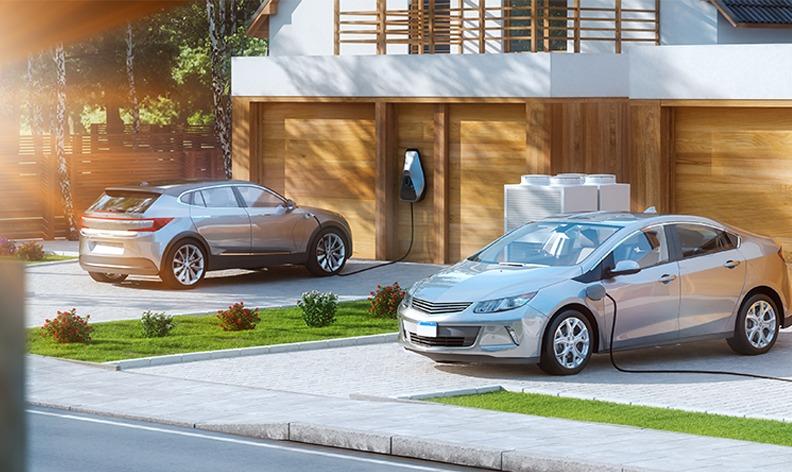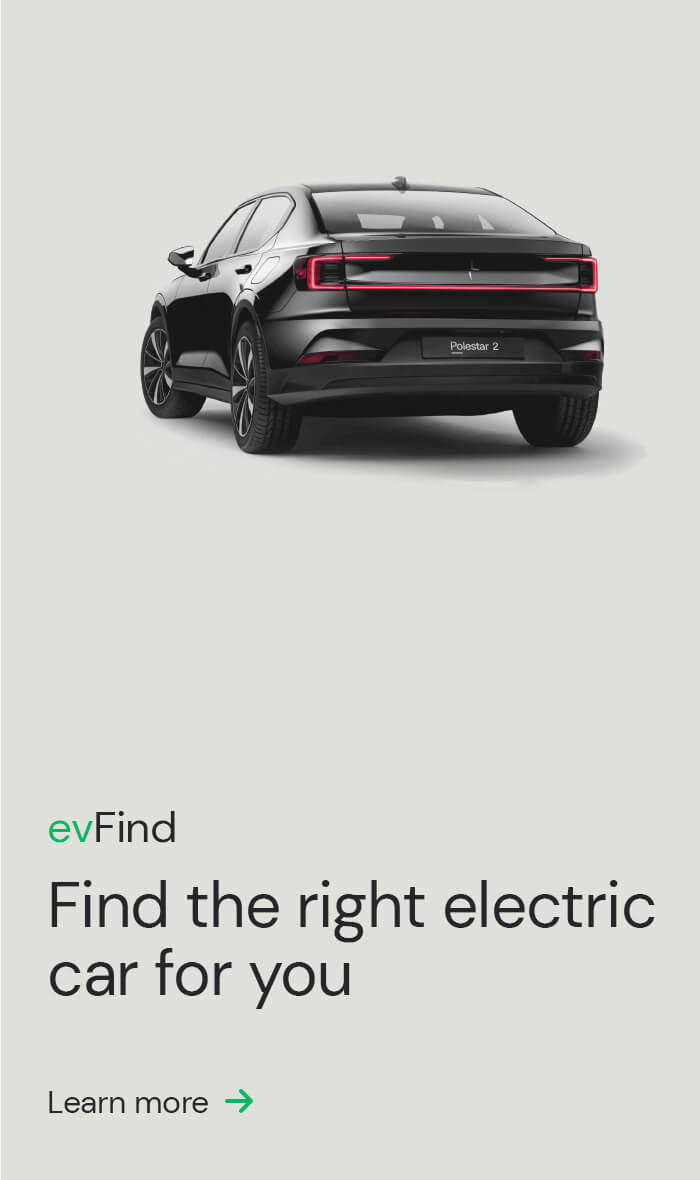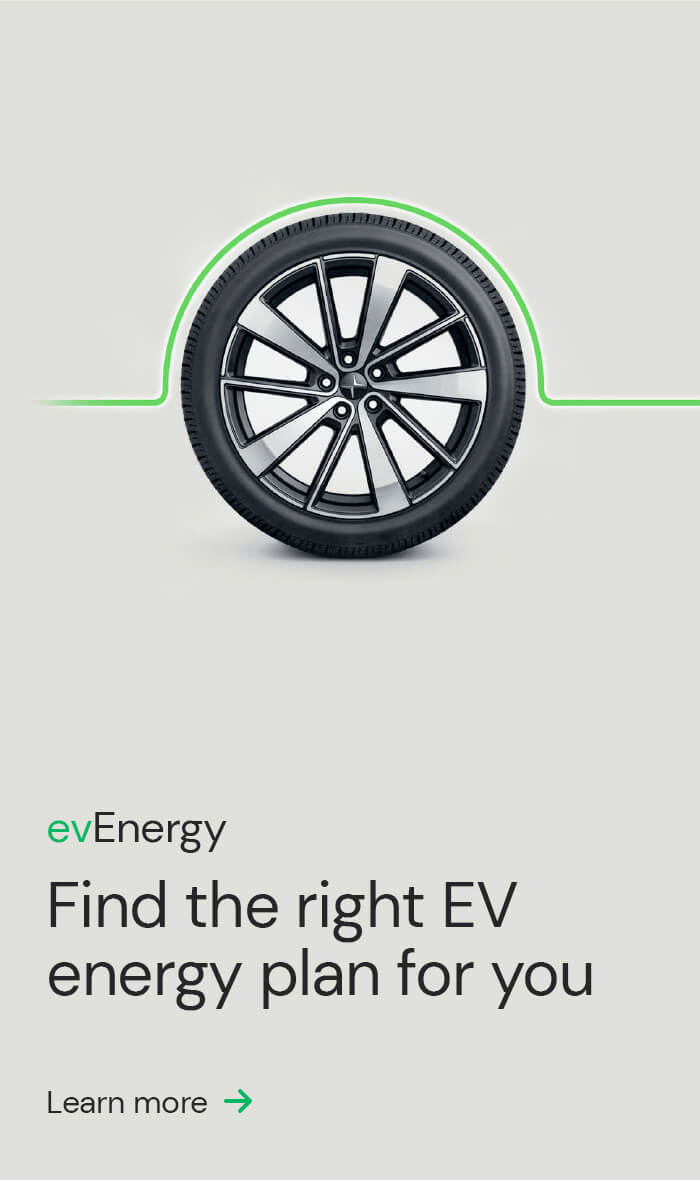As electric cars transition from niche vehicles to serious road-competition for fuel-powered cars, the question arises of when – if ever – will EVs take over completely? Will they eventually dominate the market? Or will they go that extra mile and make ICE-powered cars fully obsolete?
Let’s see what the stats say, and if the future of motoring is greener and cleaner for all, in the ACT and beyond.
EVs: At home
Canberra has been leading the charge when it comes to speeding up the transition to electric vehicles. After signing the COP26 declaration in 2021, the territory pledged to help end the sale of petrol cars in developed countries by 2035, and work towards all sales of new vehicles being zero emission globally by 2040.
To incentivise EV ownership, the government has introduced zero stamp duty and two years of free registration for people newly registering new and second-hand EVs.
In January 2020 Access Canberra reported there were 446 battery EVs registered in the ACT. By March 2022 this number had risen to 1771 which is almost a 300% increase in just two years alone.
The rest of Australia appears to be catching up slower with a 2021’s landmark Global Automotive Consumer Study revealing that 70% expect to buy a petrol/diesel car for their next vehicle, compared to 18% for hybrid electric, and 4% for battery electric.
EVs: Short-term predictions
With many car manufacturers announcing their commitment to only manufacturing EVs, the short-term future looks bright for zero-carbon driving. The likes of Jaguar, Volvo and Lotus have said they will only sell electric cars from 2025, 2030 and 2028 respectively.
Further down the line, General Motors says it will make only electric vehicles by 2035, with Ford saying all vehicles sold in Europe will be electric by 2030.
Car manufacturers’ CO2-friendly solutions will trigger a significant shift in the car market towards zero-carbon vehicles. According to UBS, by 2025 20% of all new cars sold globally will be electric, and that figure is set to skyrocket to 40% by 2030.
As ownership becomes easier and charging stations more available, the convenience of switching to electric driving has never been easier.
EVs: Long-term predictions
A report by BloombergNEF estimates that EVs and other zero-emissions vehicles will account for 70% of new-vehicle sales by 2040, up from 4% in 2020. UBS is even more optimistic, predicting that almost every new car on the road will be electric.
Closer to home, the ACT has laid out its long-term commitment to supporting EVs with its Electric Vehicles Public Charging Outlook. This seeks to expand the territory’s charging network by up to 1000 chargers by 2030.
The report also estimates the number of EVs registered in the ACT will reach at between 25,000 to 42,000 by 2030 which is good news for the region’s sustainable future.
Summary
- After signing COP26 and incentivising EV ownership, the ACT is leading the way with ushering in a zero-carbon driving future.
- EV ownership in the ACT has increased almost 300% in two years since 2020.
- According to UBS, by 2025 20% of all new cars sold globally will be electric.
- According to BloombergNEF, by 2040 70% of all new cars sold globally will be electric.
- The ACT government’s Electric Vehicles Public Charging Outlook estimates EV ownership in the territory will reach up to 42,000 by 2030.
Are you considering making the switch to an electric vehicle? ActewAGL can help you effortlessly find, finance and charge your EV. Discover how ActewAGL can support your transition to sustainable driving today.
Sources
https://canberraweekly.com.au/act-will-accelerate-transition-to-electric-vehicles/
https://aeva.asn.au/act-ev-statistics/
https://www.environment.act.gov.au/cc/zero-emissions-vehicles/electric-vehicles-charging-outlook



